Looking for humane tips for preventing crows from damaging your lawn? You’ve come to the right place.
There are a number of creatures from which you may need to protect your lawn, but perhaps none as smart as the crow.
Crows are notoriously intelligent and cunning birds—they’re not easy to trick, making them difficult to outsmart when it comes to keeping them from damaging your lawn.
Some property owners may have to try several different techniques via trial and error before effectively stopping the damage to their lawn caused by crows. Therefore, once you notice crows causing damage to your lawn, it is advised that you start attempting to protect your lawn from further damage right away, as they can do irreversible damage to the grass on your lawn with enough time.
8 Tips for Preventing Crows from Damaging Your Lawn
You may be wondering why crows would have any interest in your lawn—they don’t eat grass, right?
While they don’t care to eat your grass, they will pull it out by the chuck in search of grubs and other insects that live close to the surface of the soil.
Grubs are another potentially harmful creature to your lawn, but there are less damaging ways to remove them besides letting the crows do their messy grub-removal job. Here are a few methods to try—some may work better for certain lawns than for others, so trying more than one may be necessary.
1. Fake Predators
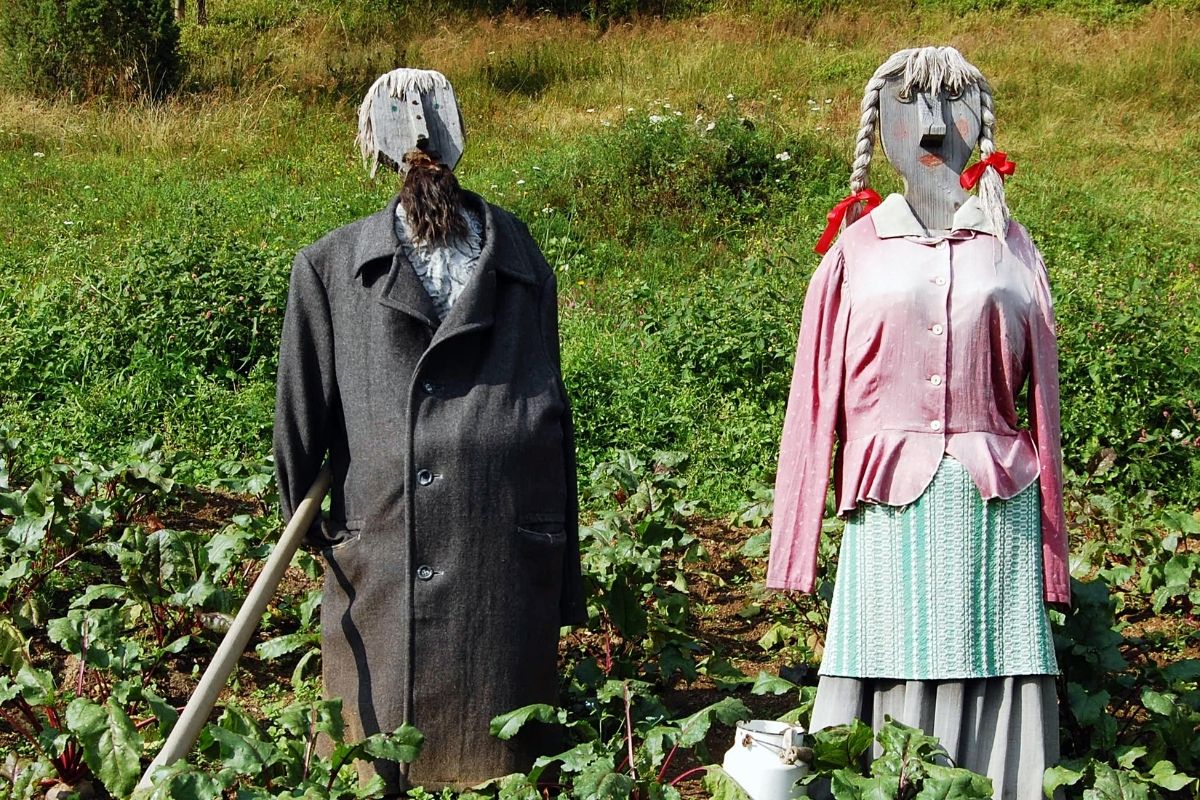
One of the least invasive options for both your lawn and the crows is to place fake predators in the vicinity to scare them away. Many property owners will choose fake life-sized owls, hawks, or even humans—they are called scarecrows for a reason!
There are a few tricks when it comes to placing false predators in your yard to really sell the act. First off, crows are very smart birds, so placing your fake predator somewhere unconventional may not work. You will want to place them somewhere realistic (such as an owl perched on a tree branch) to convince the crows that it is real—an owl sitting on your sidewalk may be a little bit suspicious.
Another tip when using fake predators is to make sure you move them around frequently. If you keep your predator in the exact same spot over a long period of time, the crows will start to catch on and realize their predator isn’t actually a threat.
Finally, making your fake predator move can also help to seal the deal. Many traditional scarecrows have long and loose arms that can blow in the wind, both drawing attention to them and making them look more realistic.
If you place a fake owl or hawk in a tree, consider hanging it slightly from a rope or chain so that it also has the ability to move in the wind or move with the tree branches as they sway.
2. Motion Triggered Sprinklers
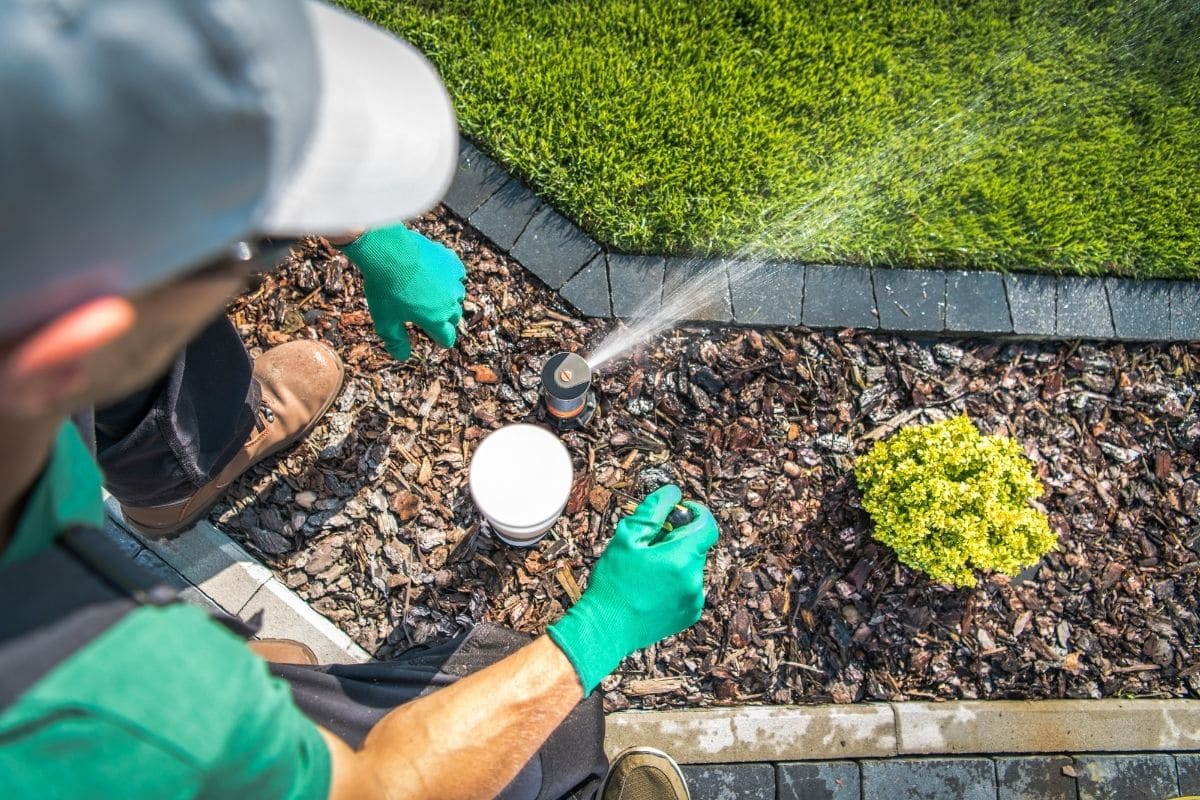
Another tip for keeping crows from damaging your lawn is to install motion-activated sprinklers which will harmlessly spray the birds if they get too close. This method not only scares away the crows when they come in to land, but it will help water your lawn as well.
It is important that the sprinkler is motion-activated because a sprinkler on a schedule can easily be avoided by crows. Even if they happen to get sprayed one or two times, they will quickly learn the schedule and proceed to visit other times of the day.
3. Hang Shiny Objects Nearby
Most birds, including crows, will steer clear of bright and shiny objects. This is most likely because it affects their eyesight, making it difficult to see where they are going and be on alert for predators—it can be very disorienting, especially when flying through the air. Some property owners will use this to their advantage and hang shiny objects from tree branches, their front porch, or other tall objects to try to scare off any harmful bird.
One of the most common and inexpensive options is to hang CDs from strings and place them in or around your yard—if you still have any old CDs lying around. Another creative option is to make or purchase shiny pinwheels and place them throughout your yard. As the wind blows, the sunlight should reflect off the many moving points and create a bright barrier that crows will be hesitant to approach—pinwheels can also be a fun decoration for your yard.
4. Treat Your Yard for Grubs
One of the primary reasons that crows will harm your lawn is to search for and eat any grubs living under the surface of the soil. By treating your lawn for grubs, you are eliminating the need for crows to be in your yard in the first place. If you know or learn that you have a grub problem under your lawn, it may be in the lawn’s best interest to treat for grubs anyway, so it’s a win-win situation.
The most effective way to eliminate grubs from your lawn is by applying a grub removal product which can be purchased at nearly any gardening or home goods store. These products must be used before the grubs have hatched, meaning you will need to apply them in spring or very early summer. These products can kill the grub eggs before they have hatched, but they are mild enough to cause no harm to the lawn, surrounding plants, or most other beneficial insects.
5. Remove Other Food and Water Sources
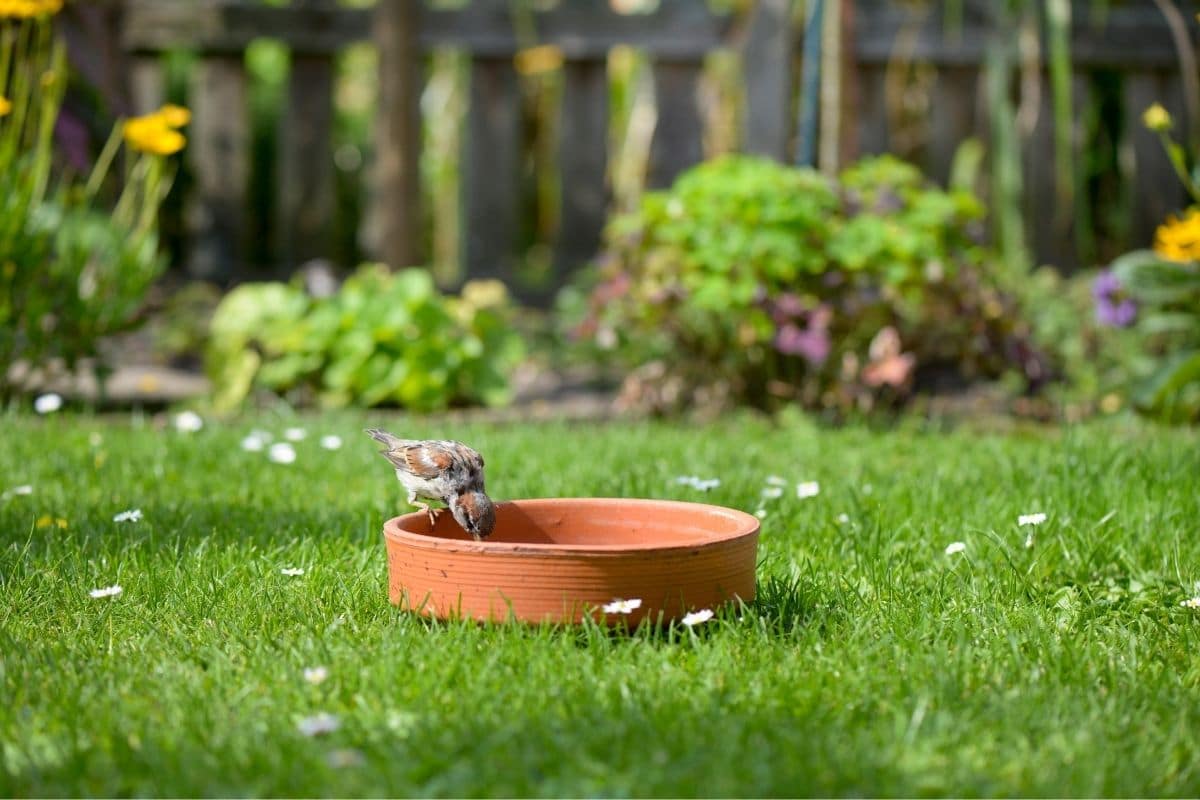
Crows don’t exclusively eat grubs, meaning that any food source can draw them in, potentially leading to lawn damage once they are in the area. To keep crows from visiting your property altogether, consider eliminating all sources of food and water to make your lawn less inviting. Removing available food may include bird feeders, outdoor cat or dog food, or other animal food left out for more desirable creatures.
If you do still want to leave food out for other birds or animals, there are ways to hide them from crows. For example, there are bird feeders designed only for smaller birds, meaning that if a crow tries to feed, the feeder will shut, removing their opening to feast on the seeds. Outdoor animal feed should be kept in covered containers or small houses where creatures such as crows are less likely to find it.
As for water sources, birdbaths are an inviting place for many birds and creatures, including crows. While there may not be a way to exclusively keep crows out of your birdbath, you can consider leaving the bird bath dry for a little while if you start to notice crows hanging around. There are other water sources such as ponds, water features, streams, or even lakes nearby that you may not be able to turn off at will. If this is the case, the best option is to at least make sure there is no available food and possibly consider trying a different tip listed as well.
6. Keep Garbage Covered
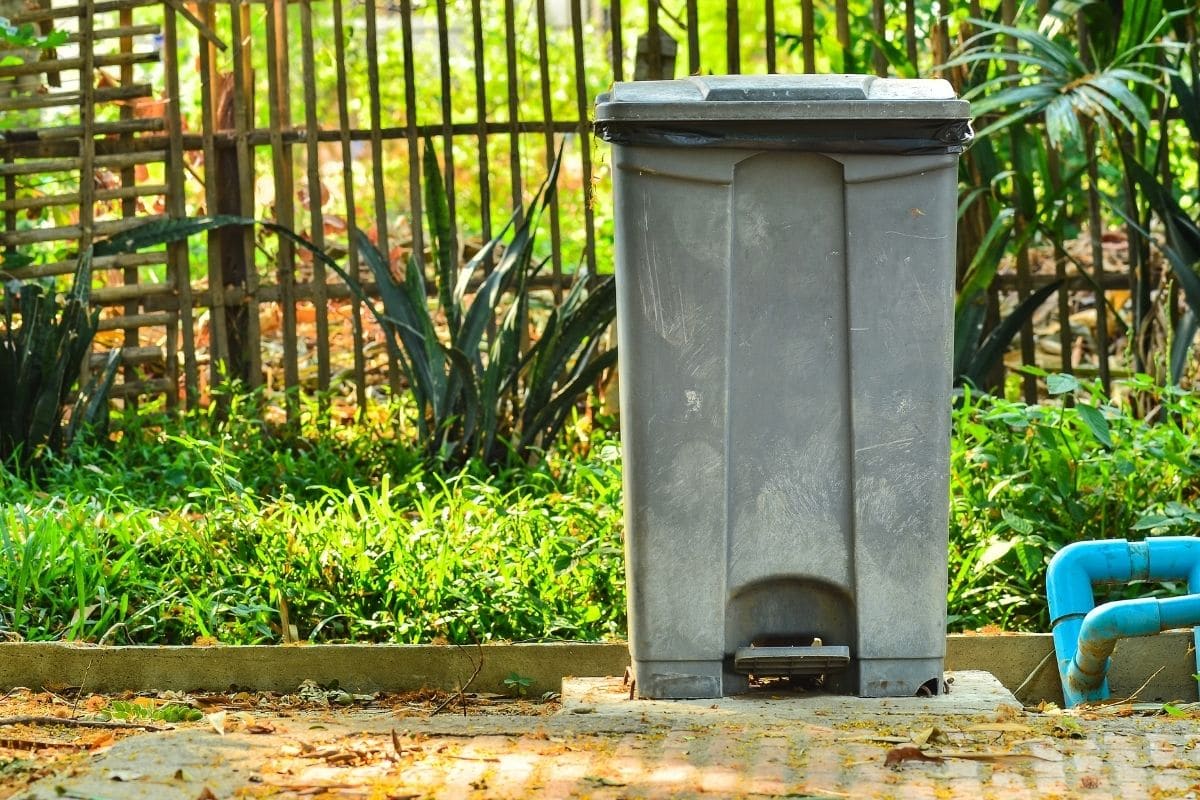
Crows are scavengers meaning they may show interest in your garbage if it is left out and unattended. Crows are known for tearing into trash bags and making a mess of the contents if given the opportunity as well. If you are going to remove any available food sources, your trash bins will need to be included on your list.
Thankfully, it is generally pretty easy to keep trash covered as long as you use trash bins with lids. By simply bagging your trash and leaving it in the bin with the lid shut, you will prevent crows from getting to it. If your trash bin does not have a lid, consider getting something large and heavy to place over the top if you have problems with crows investigating the contents of the bags.
7. Play Loud or Undesirable Noises
Another idea to keep crows from harming your lawn is to play noises that the birds dislike or are loud enough to scare them away. While this may not be the ideal solution for peace and quiet, it can be an effective method if used properly—just make sure you don’t bother any neighbors in the process of scaring away the birds.
There are certain crow calls that have been recorded and can be played back to imitate a distressed crow. By playing these sounds when other crows are within earshot, you will essentially be warning them of a nearby danger, most likely causing them to turn and go a different direction.
This method can be tricky because it may not be as effective once the birds are on your property, meaning you would need to have it playing before the birds are in the area. Consequently, it can be difficult to time this without having the speakers playing all day.
Another option is to have a loud sound that plays back when the birds are in the area. This method can be more effective because you can set it up to be motion-activated, meaning the loud noise will only play when the birds have actually entered your yard. The downside here is that a loud sound will play anytime a creature gets too close, and depending on where you live, this may be a common occurrence throughout the day. If you’re really motivated, you can sit and watch for crows and play the sound manually to scare them off when they are being destructive.
8. Install Bird Spikes
Crows like to perch along rooftops, fences, walls, and more. They will even seek out places with good sitting areas, which can be something that attracts them to your yard. To discourage the crows from visiting your yard to perch and potentially feast on the critters under your grass, consider installing bird spikes along any desirable perching area.
Bird spikes are just what they sound like, little spikes (usually plastic) lined up in a row that easily attach to fence tops, wall tops, rooftops, and roof edges. These spikes are not designed to actually hurt the birds, they are simply meant to deter them from even attempting to sit in the area. While the spikes would probably bend under their weight, birds generally have no desire to test these boundaries.
Just as with removing any available food and water and keeping trash closed up, the bird spikes aim to make your yard less desirable, meaning the crows will hopefully move on to another area to hunt for food.
Avoid Harming Crows
While you work towards preventing crows from damaging your lawn, keep in mind that these birds still play an important role in our ecosystem, meaning it is important to leave them unharmed by your actions.
There are very few circumstances where eliminating a group of crows—terrifyingly enough called a murder—is justifiable. However, under rare instances, this process may be done if a certain group is known to be carrying a harmful disease. This should always be done by a professional.
When it comes to getting rid of the crows on your personal property, consider only taking humane actions such as the tips listed above. Crows pose very little threat to humans and animals—they actually provide us with some benefits as well.
In particular, crows are known for their waste management skills. These birds are omnivorous, meaning they eat both plants and meat—and they eat a lot.
As mentioned previously, crows are considered scavengers, so a majority of the food they eat is waste that no one else wants. They can help by reducing odor caused by roadkill, rotting foods, and spoiled foods left outside.
This not only helps reduce overall waste and reduce odor, but it also helps reduce some risk of disease by getting rid of tainted meat and other foods. You may not want crows in your yard, but they are good to have in your surrounding vicinity!






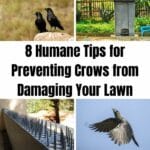
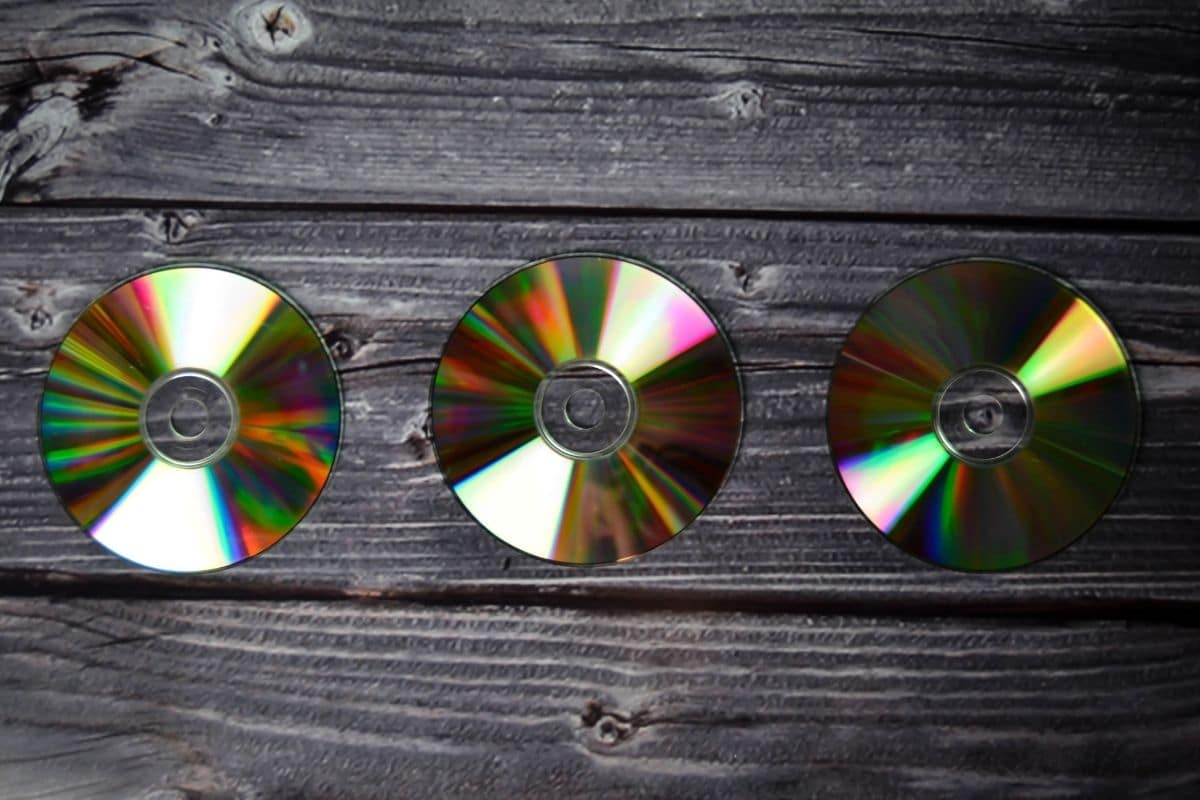
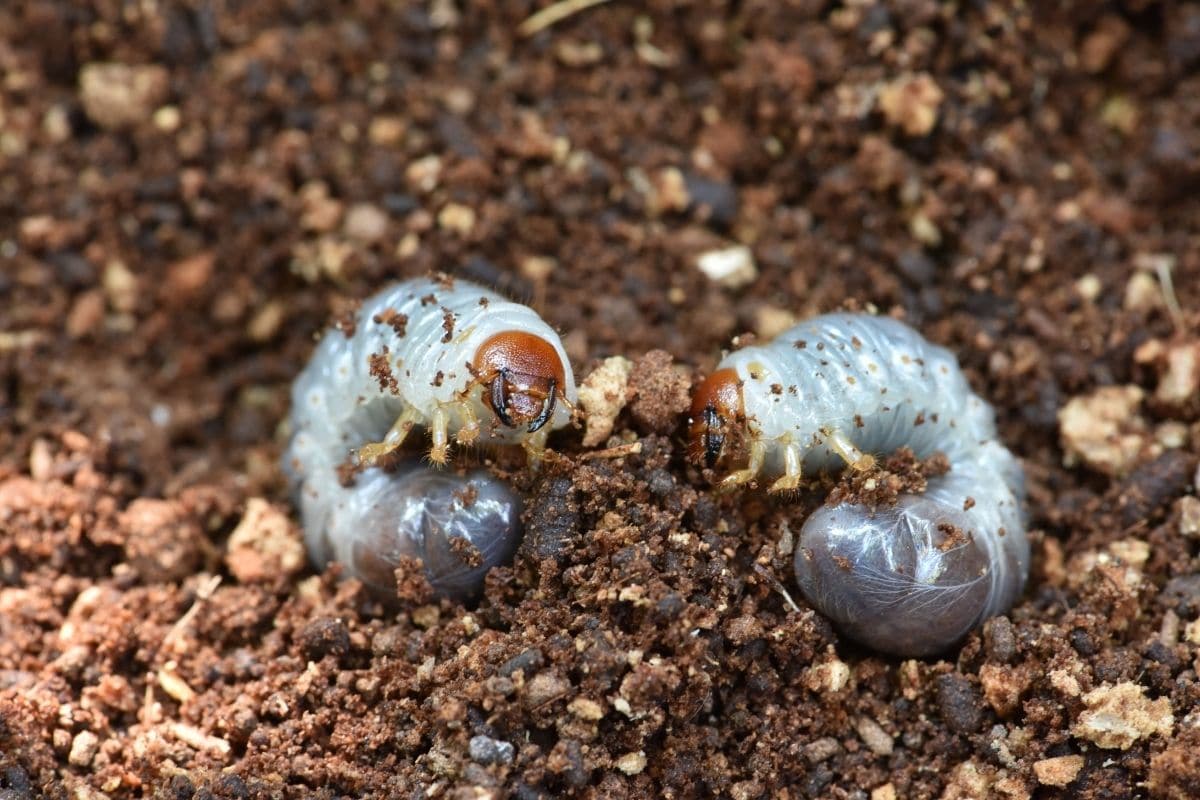
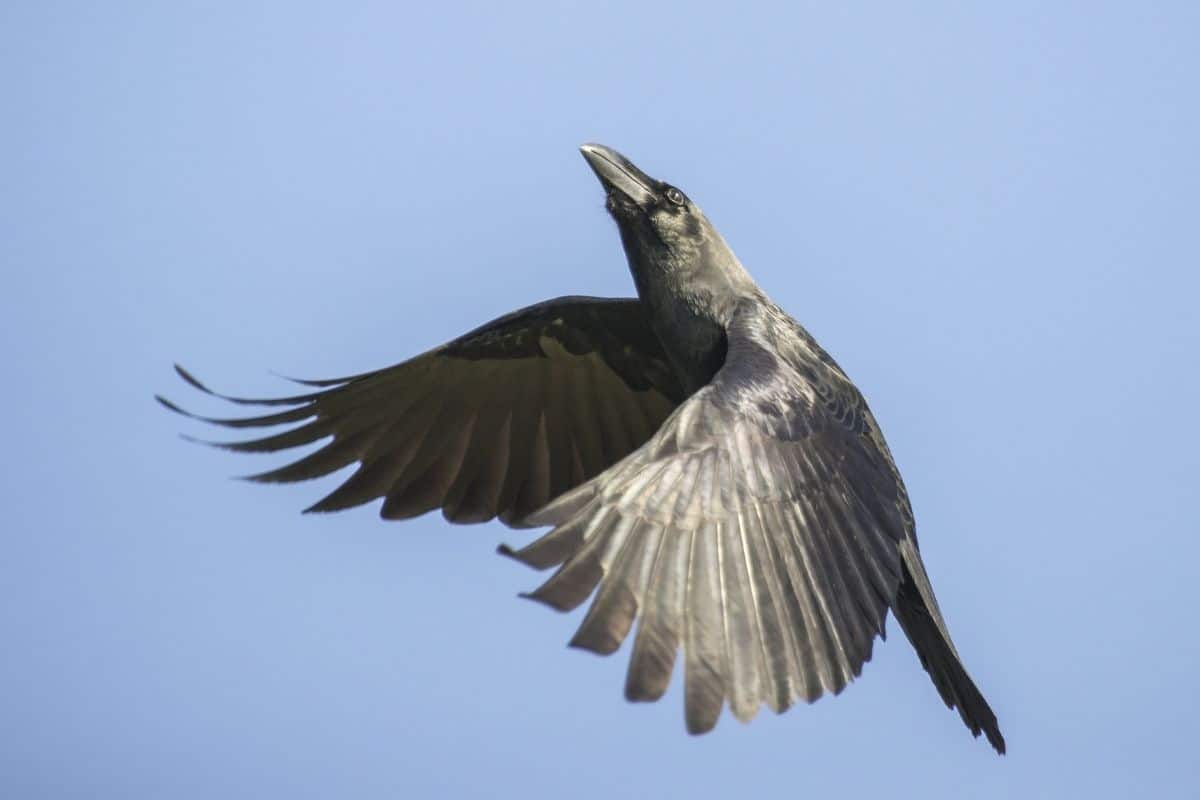
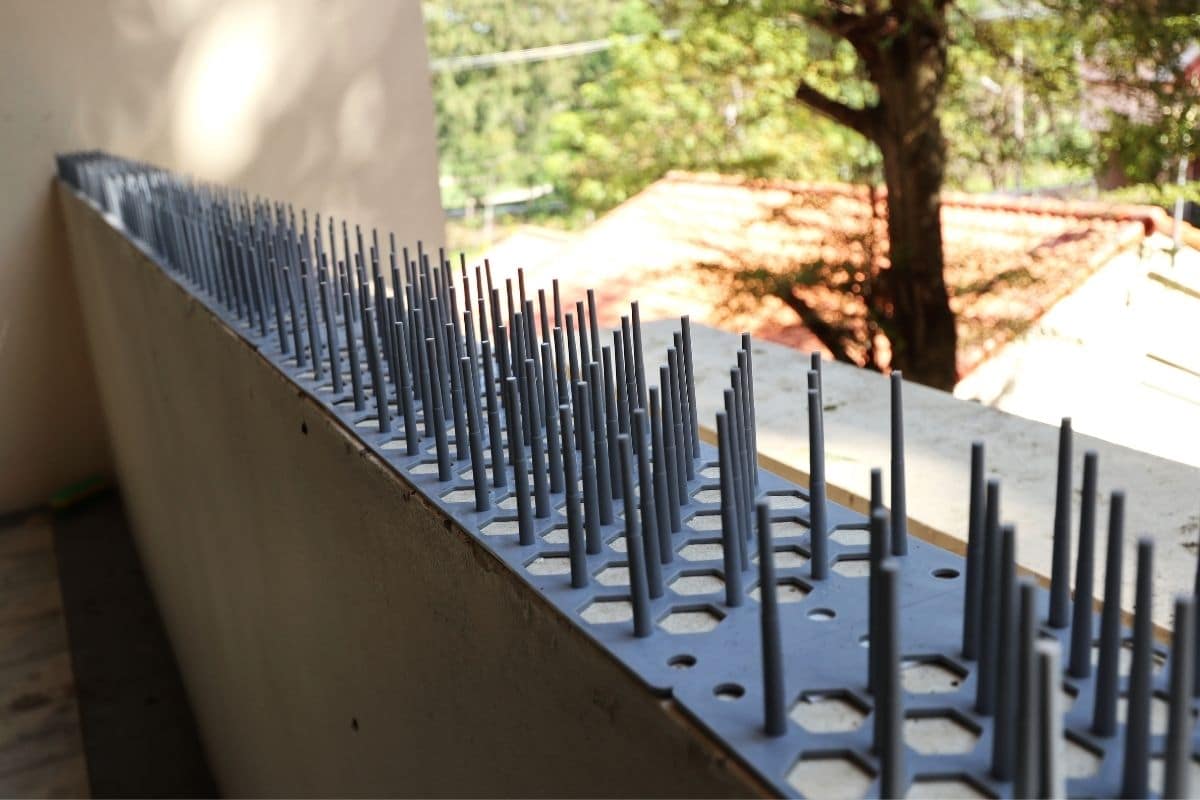
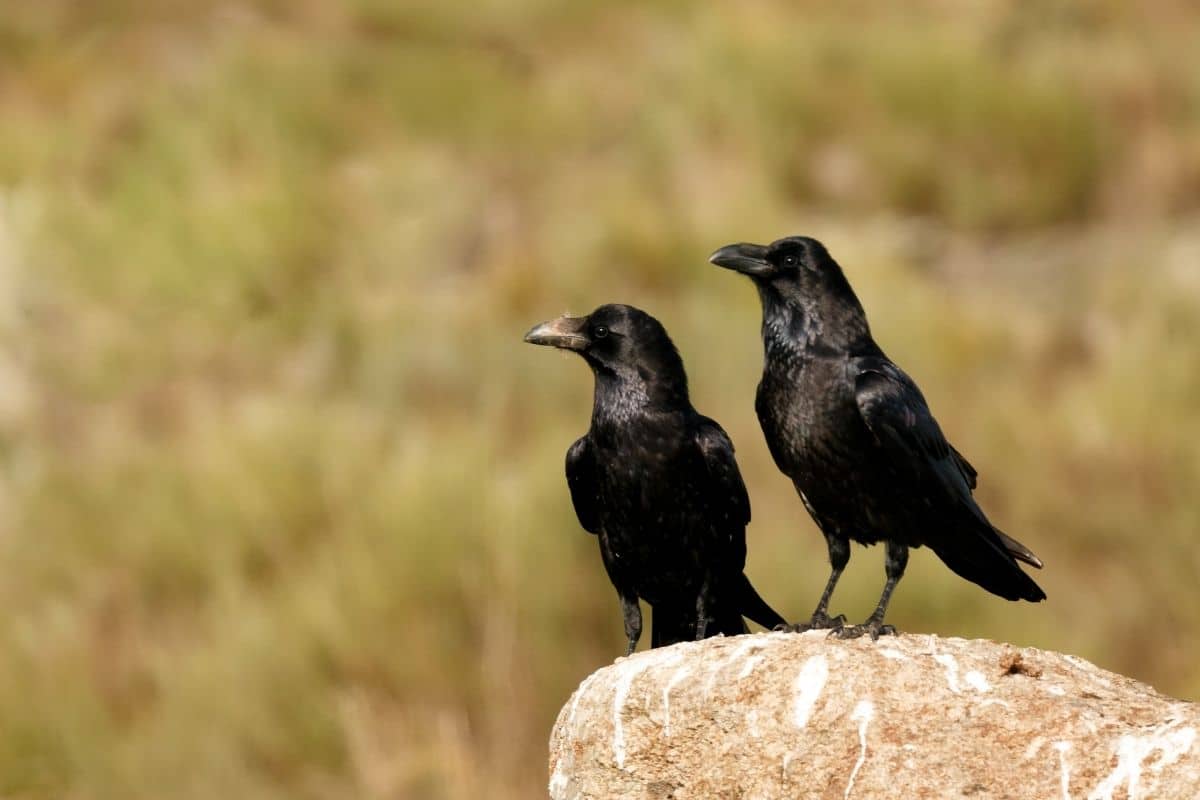




Leave a Reply